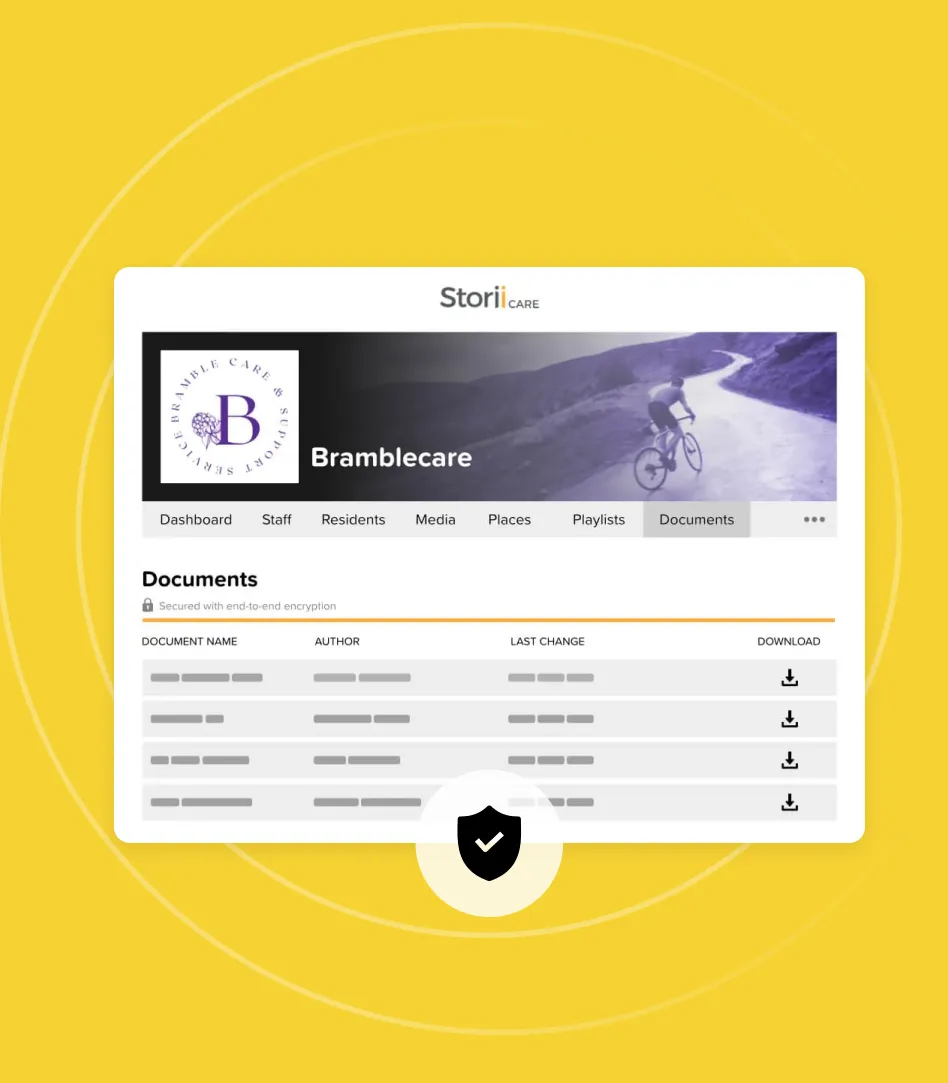When the time comes to search for skilled nursing care, whether for yourself or a loved one, it can feel daunting. There is a lot to navigate when looking for a nursing home and preparing for a significant lifestyle change. If you have the luxury of being able to research and plan before a health crisis happens, this tends to lead to better outcomes. That said, even if you're strapped for time and need to make a decision soon, there are wonderful resources to assist you.
First Steps for Finding a Nursing Home
Conduct Internet Searches
You'll want to start putting together a list of care homes that would be possible options. Sites like Medicare Nursing Home Compare enable you to view LTC facilities that accept Medicaid or Medicare. Furthermore, searches can be narrowed by filtering for size, rating, and type. Your state may have a dedicated online database of care communities. Check this, too. ProPublica’s Nursing Home Inspect compares residential care homes based on deficiencies cited by regulators and penalties imposed within the previous three years. This may help you narrow down your list. Once you have 4 or 5 homes singled out, visit their websites and social media pages to get a fuller picture of their ethos and environment.
Word of Mouth Referrals
Further your selection process by asking your healthcare practitioner if they provide services to certain residential care facilities. Since your doctor knows your medical history and health needs, they may have specific recommendations, too. Friends and neighbors are other qualified sources to run questions by. They may have insight into the local care home scene. If you happen to be inpatient and need to transfer to skilled nursing care, there should be a hospital social worker on site to offer advice and recommendations. Contacting a senior center for advice may be beneficial as well.
Look at Finances
Medicare payouts are complicated and it’s worth speaking with a professional about your specific circumstances before making a decision. Keep in mind that Medicare Part A provides coverage for short-term stays in skilled nursing facilities (Advantage plans may have different rules). Medicare can pay a portion of the host for up to 100 days but only if the patient is admitted within 30 days of leaving a hospital after being inpatient for at least three consecutive days. Furthermore, the short-term skilled nursing care must be for the same condition they were hospitalized for. A new hospitalization or 60 straight days of skilled care can then kick off another 100 days of partial Medicare coverage.
No Medicare? Then your parents can pay out of pocket or “spend down” their assets until they qualify for Medicaid.
It’s important to understand what financial assistance is currently available and how much money your loved one has to put toward their nursing home care when looking for the right long-term solution for them.
Tour Assisted Living Communities
Visit all of your top nursing home choices. This will be the most effective means of choosing the best home for you or your loved one. If you are searching for a parent or loved one, it is crucial that you involve them in the decision-making process to whatever degree is possible. If they are unable to visit themselves, you could record videos or video call them while you tour the home. Some questions you may want to ask the care home's manager:
- Is the environment chaotic and noisy or calm and quiet?
- Are the residents well groomed (look at their hair, fingernails, clothing, etc.)?
- What is the staff to resident ratio? What is their turnover rate?
- Do the staff use care planning software or other health technology that signals a progressive, forward-thinking approach to care?
- What kind of social, recreational, or religious activities are important to your loved one and how would they be able to participate in those?
- What level of transportation does the nursing home provide?
- What is the quality of the meals provided? Ask to see a menu.
- What are the policies around visitors? Are there any private spaces to have visits?
- How does the nursing home make sure residents get preventative care?


.avif)

.png)
.png)
.png)










